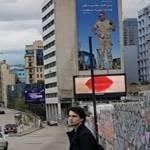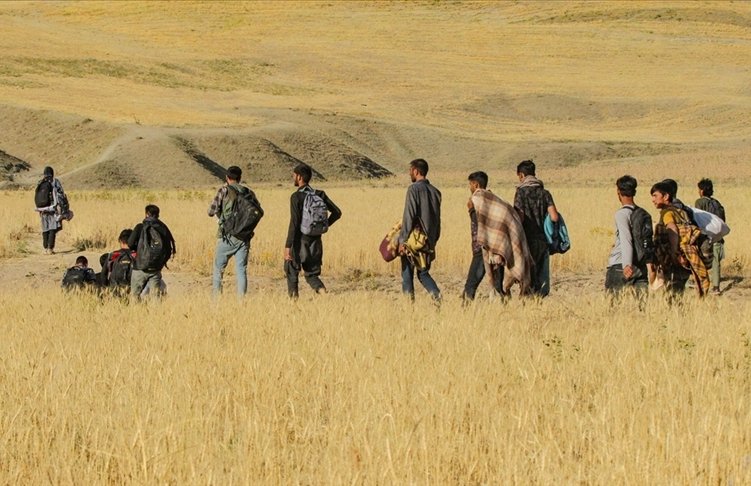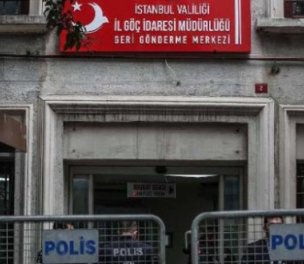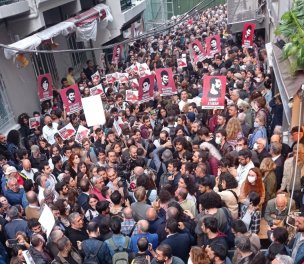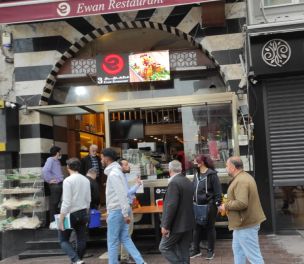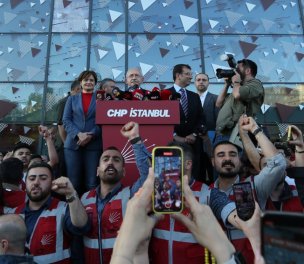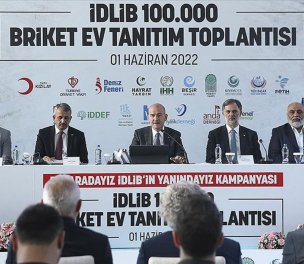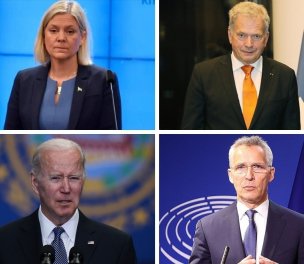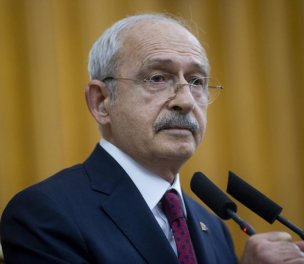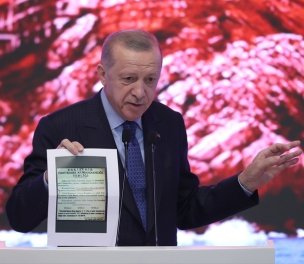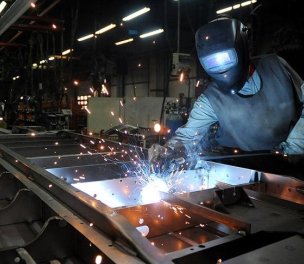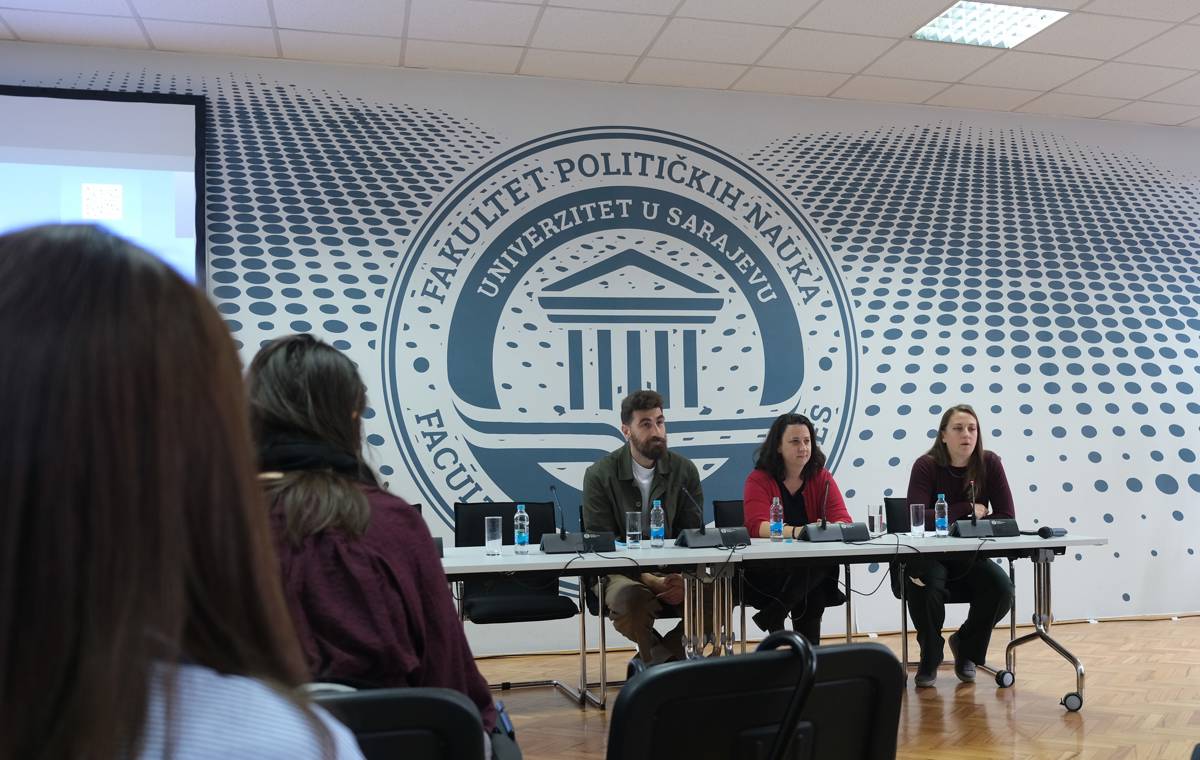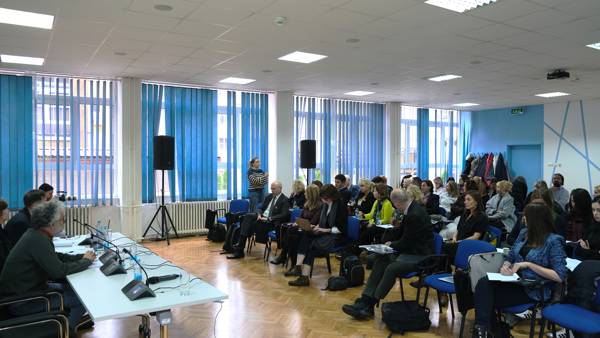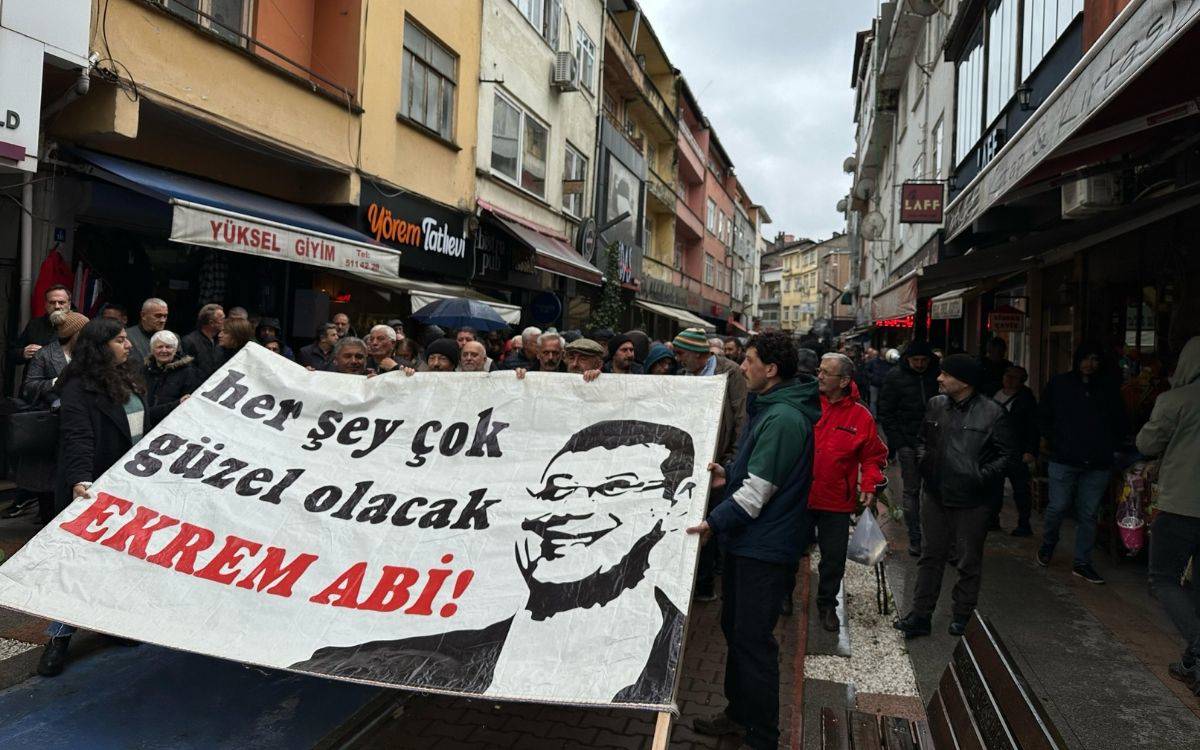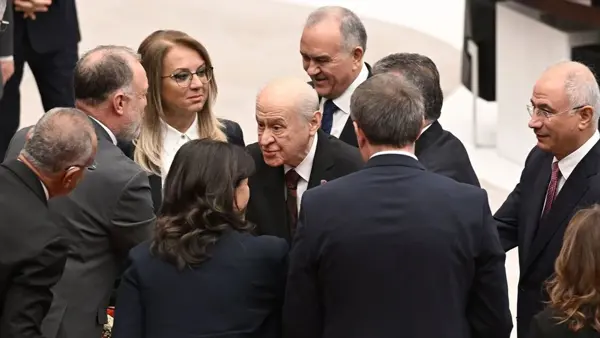Refugees from Afghanistan heading towards Turkey through Iran (Photo: AA/File)
➟ Click to subscribe to bianet newsletter
Turkey has been hosting millions of refugees for over a decade now. Some 3.7 million of them are from Syria and over 350,000 are from Afghanistan, according to government figures.
Over these years, anti-refugee sentiment has always been there, but it rose to a new high recently as the economic crisis is getting worse.
Lately, anti-refugee messages on social media are often accompanied by videos containing sexual harassment post on TikTok by refugees, apparently mostly from Pakistan or Afghanistan.
"Sending refugees back" is a popular election promise among the opposition parties, with the popularity of the Zafer (Victory) Party, the equivalent of Europe's far-right populist parties, is rapidly growing, at least on social media.
Read more:
• Refugee women, children 'afraid to go out' amid increasing anti-refugee rhetoric on social media
• Refugees from Afghanistan handed over to Taliban by force'
• Prosecutors dismiss investigation into refugee's killing near Turkey-Syria border
Amid this situation, President Recep Tayyip Erdoğan, who generally defends his government's migration policies, once again changed his tune about the issue.
Addressing ambassadors in Ankara, the capital, during an iftar event on Tuesday, he said, "Turkey is temporarily hosting five million displaced people. Although we are left alone, we are doing our best for the voluntary and honorable return of Syrian brothers and sisters."
The president's remarks came about a month after he promised not to send refugees back.
At around the same time, reports about refugees being forced to sign "voluntary return papers," and "detained while trying to enter Turkey illegally" began to circulate.
Over the years, Erdoğan has often complained about being "left alone" and pressed Europe to offer more financial assistance for refugees, and even "opened doors" for them to cross into Europe in early 2020.
In 2019, he presented a plan at the UN General Assembly to send up to three million refugees back to Syria, provided that Turkey is allowed to capture a large swath of land in the country's north and east and that the European countries finance the construction of settlements for those refugees.
However, he also defends the government's policies on economic and religious grounds. He often calls the people of Turkey ansar, Arabic for "helper," a word used to describe the people of Medina who helped the Islamic prophet Muhammad when he was migrating.
As for the economy, refugee workers, most of whom work informally and cost much less for companies, are an important pillar of the government's policies prioritizing exports. Multiple senior government officials previously said the economy would "collapse" without refugees.
To justify this, Erdoğan often cites Germany's growth with foreign workers, a familiar topic in Turkey, which sent millions of workers to Germany under two bilateral agreements in 1961 and 1971.
However, this enables anti-refugee populists, now spearheaded by the Victory Party, to make "They took our jobs" propaganda.
As both the government and the opposition are unclear and hesitant about what to do and say about refugees, the Victory Party seems to be the only winner. And the looming elections are making the problems even more complicated.
.jpg)
Judgment delayed in Gezi trial The court was expected to pronounce its judgment at Friday's hearing, but the judgment was delayed because lawyers' defense statements could not be completed. The defendants are facing several charges, including "attempted overthrow of the government," for having allegedly organized the 2013 protests where millions took to the streets in protest of the Erdoğan government. Drawing by Murat Başol shows Osman Kavala, the sole defendant behind bars, making his defense from a videoconference room in Silivri Prison. In his defense, Kavala said, "I find solace in the possibility that those to be brought to justice receive a fairer treatment."
Politics and conflict
Military offensive in KRG Turkey on April 18 launched the Operation Claw-Lock, the ninth of a series of military offensives dubbed as the "Claw Operations" that have been conducted in the Kurdistan Regional Government territory in Iraq's north since May 2019. The operations aim to hinder the ability of the Kurdistan Workers' Party (PKK) to infiltrate Turkey's borders, according to the ministry.
The Peoples' Democratic Party (HDP) accused the government of "trying to prolong its life by waging a new war on Kurdistan" while the operations have affected animal pasturing in areas near Turkey's border with Iraq. The Baghdad government opposed the offensive and gave a protest note to Turkey's ambassador. Yet President Erdoğan said the operation was being carried out in cooperation with Baghdad, which was also denied by Iraq's Foreign Ministry.
IED attack on bus carrying prison guards kills one An improvised explosive device detonated on Wednesday when a shuttle carrying prison officers' shuttle was passing by in Bursa, northwestern Turkey. No group has yet claimed the attack, but pro-government media accused the PKK, citing a recent video by one of its leaders, Cemil Bayık, threatening with new attacks.
HDP says it refutes "politically motivated" indictment "line by line" Facing closure for its alleged ties to the PKK, the HDP on April 19 submitted a defense to the Constitutional Court.
Opinion | The power of black money "Drugs seized at customs don't show that the fight against drugs is good in Turkey but the things are getting worse and worse," writes Bülent Danışoğlu.
İstanbul mayor faces four years in prison Ekrem İmamoğlu has been indicted for "insulting" the members of the Supreme Electoral Council (YSK), which, in a controversial decision, ruled for the repetition of the election for the mayor of İstanbul in 2019. İmamoğlu went on to win the repeat election with a much bigger margin, ending the 25-year helm of Erdoğan's AKP and its predecessors in İstanbul.
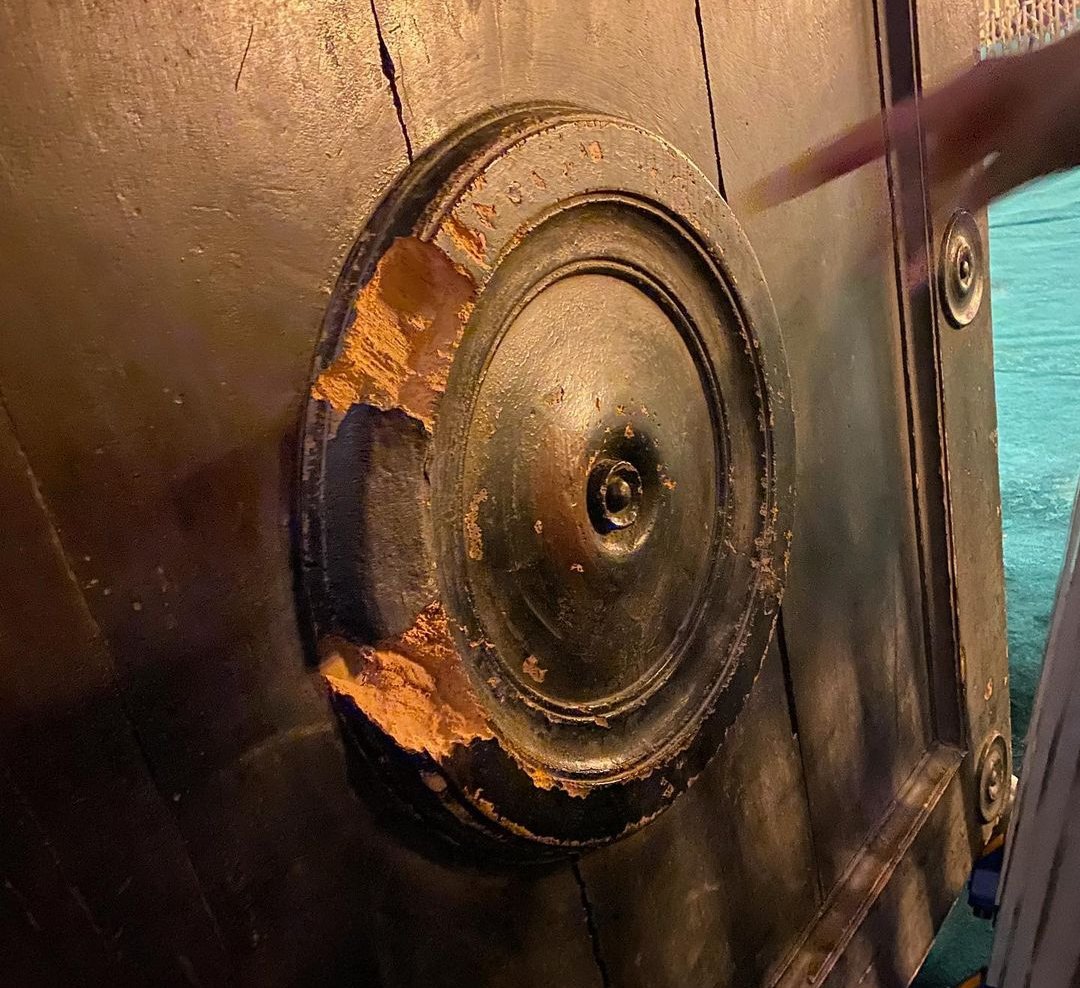
Hagia Sophia's 'Imperial Door' damaged by visitors The incident was revealed after the Art History Association (STD) shared the photo on its Instagram account on April 18. The manager of the museum told the association that "it was not a big thing," according to the post, which drew criticism due to the fact that the door qualifies as a first-degree historic monument. The authorities have opened an investigation into the incident after public outrage on social media. In mid-2020, the government converted Hagia Sophia into a mosque in a symbolic move.
Human rights and freedom of expression
Dawn raids on journalists still continue despite "human rights action plan" President Erdoğan promised last year that the dawn raids would end with the implementation of the plan. They haven't and they are against the law.
Armenian Genocide Remembrance Day Garo Paylan, an Armenian deputy of the HDP submitted a law proposal for the recognition of the genocide for the seventh year in a row. The ruling AKP's spokesperson, Ömer Çelik, threatened him with legal action.
"They hid my child from me" The mother of a prisoner who lost his life after reportedly being tortured in İstanbul's Silivri Prison spoke out.
Children's labor force participation increases While the percentage of children in Turkey's population has been decreasing over decades, the labor force participation rate of children aged between 15 and 17 has increased, TurkStat found.
Turkey's problems with freedom of belief remain unsolved The Norwegian Helsinki Committee and the Freedom of Belief Initiative have released the Freedom of Religion or Belief Monitoring Report in Turkey
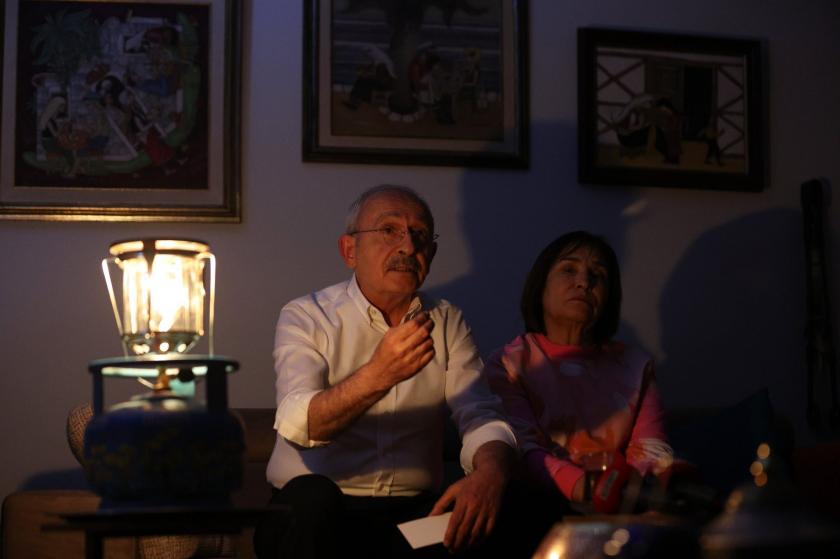
CHP leader joins millions whose electricity is cut off After not paying his electricity bills for three months in protest of the excessive increase in prices, main opposition Republican People's Party (CHP) leader Kemal Kılıçdaroğlu's electricity was cut off on Thursday. Releasing a video from his home illuminated by an LPG gas lamp, Kılıçdaroğlu said, "For a handful of holdings to fill their pockets, honorable people of our country are driven into poverty," pointing out that millions of people had their electricity cut off because they were not able to pay their bills."
Environment
'No environmental impact assessment needed': Ministry approves 218 projects in 20 days The projects in various parts of the country include housing estates, commercial centers, marble quarries, gravel quarries, stone crushing facilities and ready-mixed concrete production facilities. "In a period of an intense food crisis, we are losing agricultural lands. We have lost 7 million hectares of agricultural land in the last 20 years," said a union manager.
(VK)




